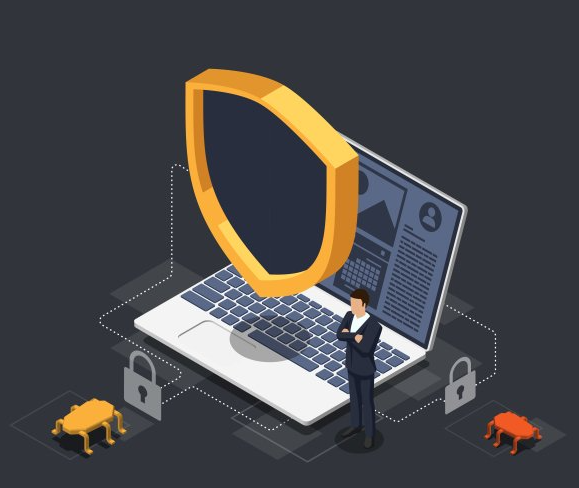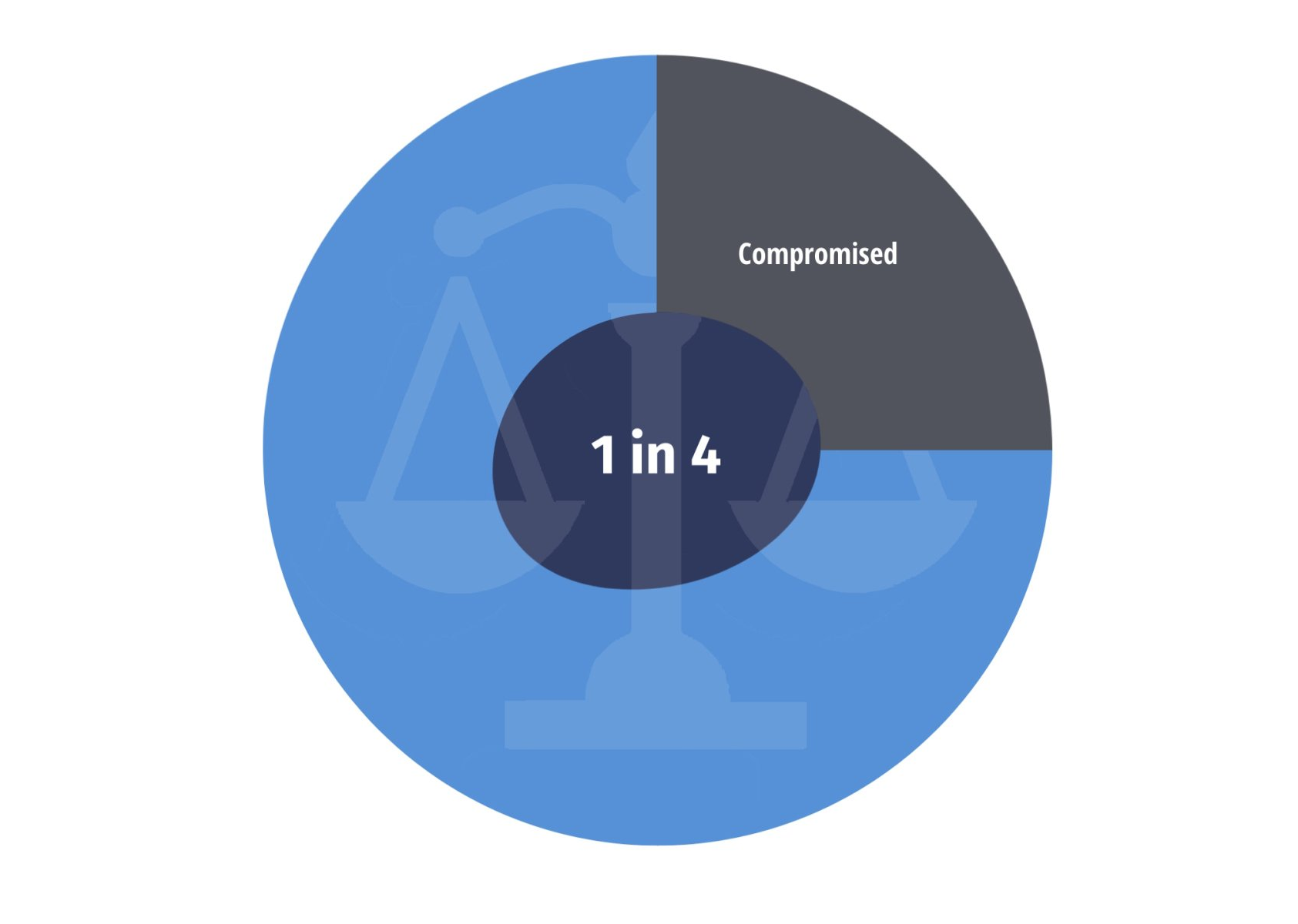Legal
Legal
We're here to support your legal team in managing your sensitive data.
Why the Legal industry needs information security
Law Firms are seen as high-value targets for the rapidly growing use of ransomware and extortion schemes because they have historically weak defenses and are seen as able to pay large sums.
The legal industry holds a wealth of personal information and data on their clients. A legal firm might have a client’s social security number, date of birth, gender, payment information, and other private identifiers that cybercriminals can use to commit identity theft, fraud, or find financial gains.
Legal services rely on collecting and using client information, and cybersecurity is an integral part of protecting that information. Cyberattacks are a looming threat over every legal firm’s head. Criminals are on the constant lookout for sensitive, non-public information from which they can profit. For protection, a law firm needs to improve their cybersecurity.
The Biggest Risk
The ethics rule requires attorneys to take competent and reasonable measures to safeguard information relating to clients.
Attorneys have common law duties to protect clients information
Often attorneys also have contractual and regulatory obligations to protect information relating to clients and other personally identifiable information - like health and financial information.
Attorneys have common law duties to protect clients information
Often attorneys also have contractual and regulatory obligations to protect information relating to clients and other personally identifiable information - like health and financial information.

Legal Sector Breaches
- At least 80 of the 100 biggest law firms in the country, by revenue, have been hacked since 2011
- According to the ABA, 1 out of every 4 law firms is a victim of data breach
- 23% of firms reported this year that their firm had experienced a data breach at some time
- According to the ABA, 1 out of every 4 law firms is a victim of data breach
- 23% of firms reported this year that their firm had experienced a data breach at some time

Compliance with Laws and Regulations
There is no direct federal regulation governing the cybersecurity practices of law firms. However, the fact that law firms hold such sensitive information and that their clients have specific needs outlined by federal legislation, every law firm needs to practice heightened security.
By their very nature, law firms collect and use personal and private information as part o their client representation. Because some of this information belongs to healthcare and financial institutions — both of which are governed by federal privacy laws — legal firms are required to maintain the privacy of that data.
Apart from federal laws and regulations, many legal firms are subject to state laws that have advisory opinions and regulations pertaining to cybersecurity obligations. Lawyers also have an ethical duty to their clients to keep all information secure from cyberattacks.
One option for law firms looking for guidance on cybersecurity is following standards set by the National Institute of Standards and Technology (NIST). NIST develops comprehensive standards for protecting data. NIST is used and endorsed by the U.S. federal government and is a reliable set of guidelines and best practices for cybersecurity in a legal setting.
What Can Happen When You’re Unprotected
Many legal firms hold some of their client’s most valuable secrets, including trade secrets, company finances, healthcare data, and other private information. Most of this data is housed on the legal firm’s servers and data centers to be accessed and used as needed. If those servers become compromised, critical information can be stolen and used to commit crimes.
Cybercriminals can attack using the same methods as with other industries. A legal firm can expect malware, ransomware, distributed denial of service (DDoS) attacks, phishing, and more. The goal for criminals is to obtain information they can either use for themselves or sell on the dark web for profit.
With ramped-up cybersecurity, law firms can protect and secure client privacy from cybercriminals.
Need assistance securing your firm?
Need assistance securing your firm?
We want to know your needs exactly so that we can provide the perfect solution. Let us know what you want and we’ll do our best to help.
